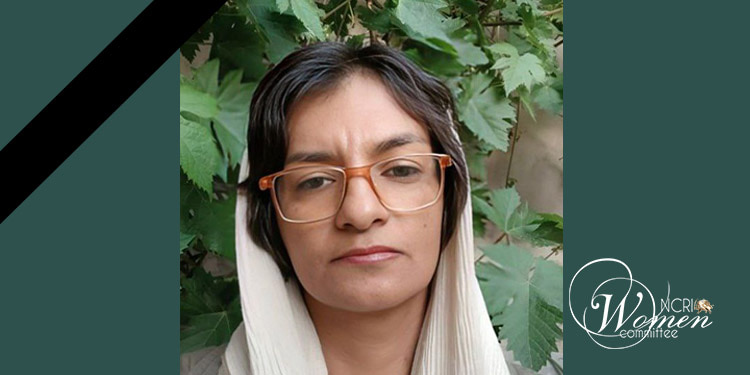Political prisoner Somayeh Rashidi, who was held in the notorious Qarchak Prison, has died after several days in a coma at Mofatteh Hospital in Varamin. The judiciary-affiliated news agency Mizan has confirmed her death.
Political prisoner Somayeh Rashidi, 42, was a garment worker who had suffered from epilepsy for many years.
According to her cellmates, she repeatedly sought medical help for seizures and severe headaches. Prison doctors, however, dismissed her condition as “malingering” and returned her to the ward. They gave her neurological drugs that had nothing to do with her epilepsy.
Although bail had been set for her release, her family could not afford the sum.
Last Tuesday, September 16, after being taken to the forensic medical authority to assess her eligibility for medical parole, Rashidi suffered a severe seizure en route.
Despite her critical state, she was initially returned to prison and only transferred to hospital after another major epileptic attack left her unconscious. Days later, doctors declared her level of consciousness had dropped to five, with no prospect of recovery.
The NCRI Women’s Committee in a statement on September 21 warned about the condition of Somayeh Rashidi, urging relevant international organizations to take action to save her life.
She was among the prisoners who were transferred to Qarchak Prison following the destruction of Evin Prison during the 12-day war.
Born in 1983, Somayeh Rashidi was arrested on April 24, 2025, while writing anti-government slogans in the poor Javadieh neighborhood in South Tehran. She was charged with “propaganda against the state.”
According to relatives, she was brutally beaten at the time of arrest—officers slammed her head against a wall and pressed down on her chest. Rashidi had filed a complaint against her arresting officers.
In recent days, state-affiliated outlets including Tasnim and Mizan accused Rashidi’s family of “refusing” to post bail, while her cellmates insist the family was simply unable to afford it.
Following her death, the judiciary’s official report accused her of ties to the opposition People’s Mojahedin Organization of Iran (PMOI/MEK).
Rashidi’s death has once again highlighted the Iranian authorities’ systematic denial of medical treatment to political detainees—a policy in which prisoners are routinely deprived of care until their condition becomes critical, often resulting in preventable deaths.
